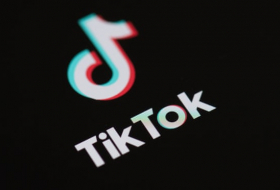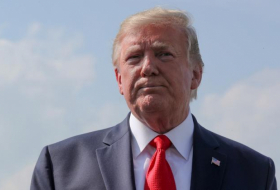Two others have been detained, while officers are still in combat with some remaining suspects in the nation's capital Port-au-Prince.
"They will be killed or captured," police chief Leon Charles said.
Mr Moïse, 53, was fatally shot and his wife was injured when attackers stormed their home early on Wednesday.
The unidentified gunmen entered the private residence in Port-au-Prince at 01:00 local time (05:00 GMT). Mr Moïse was killed, but First Lady Martine Moïse survived and has been flown to Florida where she is receiving treatment.
She is reported to be in a stable but critical condition.
"Four mercenaries were killed [and] two were intercepted under our control," Mr Charles said in a televised statement late on Wednesday. "Three policemen who had been taken hostage have been recovered."
"We blocked [the suspects] en route as they left the scene of the crime," he added. "Since then, we have been battling with them."
Speaking after the killing, interim Prime Minister Claude Joseph called for calm and declared a nationwide state of emergency.
The state of emergency, or "state of siege", allows for the banning of gatherings and use of the military for police roles, along with other extensions of executive powers.
US President Joe Biden offered condolences to the people of Haiti for the "horrific assassination". UK Prime Minister Boris Johnson, meanwhile, called it "an abhorrent act" and also appealed for calm.
Mr Moïse became president of Haiti in 2017, but in recent times faced widespread protests demanding his resignation.
Coups, political instability, widespread gang violence and natural disasters have plagued the country for decades and rendered it the poorest nation in the Americas.
More about: Haiti















































